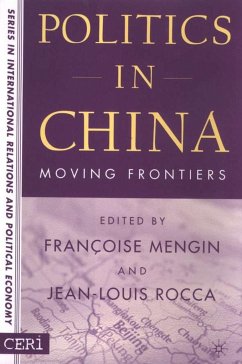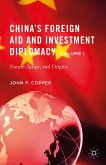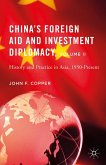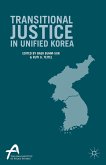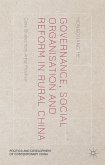Faced with the usual list of paradoxes that plague our views of China: it is a communist regime with a capitalist economy; an authoritarian state with an entrepreneurial spirit; a unified nation with tendencies toward fragmentation, the contributions to this volume work to go beyond them and to seek new paths to understanding China. To do so, the essays avoid the conventional approaches toward Chinese politics that focus on either evolutionist (culturally bound) or functionalist (role bound) issues. Rather than separate state from society, these essays explore how the interweaving of these different spheres creates a hazy border between them. The contributors explore the moving frontiers between other spheres as well, such as rural and urban populations, internal evolution and external influence, and money and politics. This book does not aim to offer a new framework of analysis for understanding Chinese politics, but to open up new directions for research and study on the topic.The internationally diverse scholars in this volume offer readers an intriguing look at the present and future of China research.
Hinweis: Dieser Artikel kann nur an eine deutsche Lieferadresse ausgeliefert werden.
Hinweis: Dieser Artikel kann nur an eine deutsche Lieferadresse ausgeliefert werden.
'Mengin and Rocca fashion an approach that takes seriously the interpenetration of the political with the social and economic spheres. They theorize this complex set of relationships rather strongly, which is a welcome development for China studies. They bring together continental British, American, and Chinese scholars and academic traditions, also a rarity; the cross-fertilization and comparisons are both edifying and downright fascinating and intellectually delightful. The editors ground the analysis of Chinese politics squarely in the complex dynamics of social class, a powerful and worthwhile endeavor. Politics in China should elevate the theoretical level of China studies while also adding much new and valuable substantive information' - Marc Blecher, Department of Politics, Oberlin College

